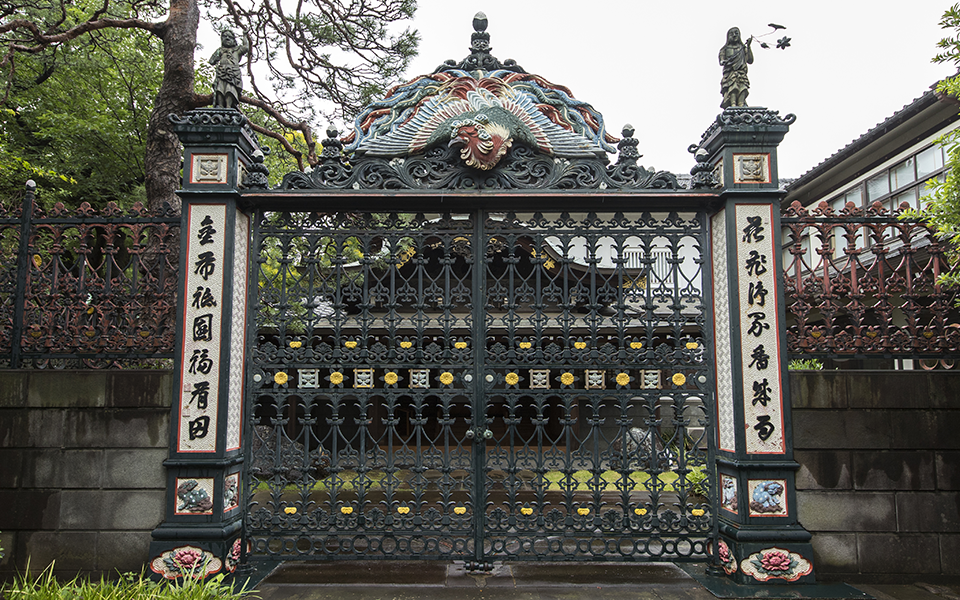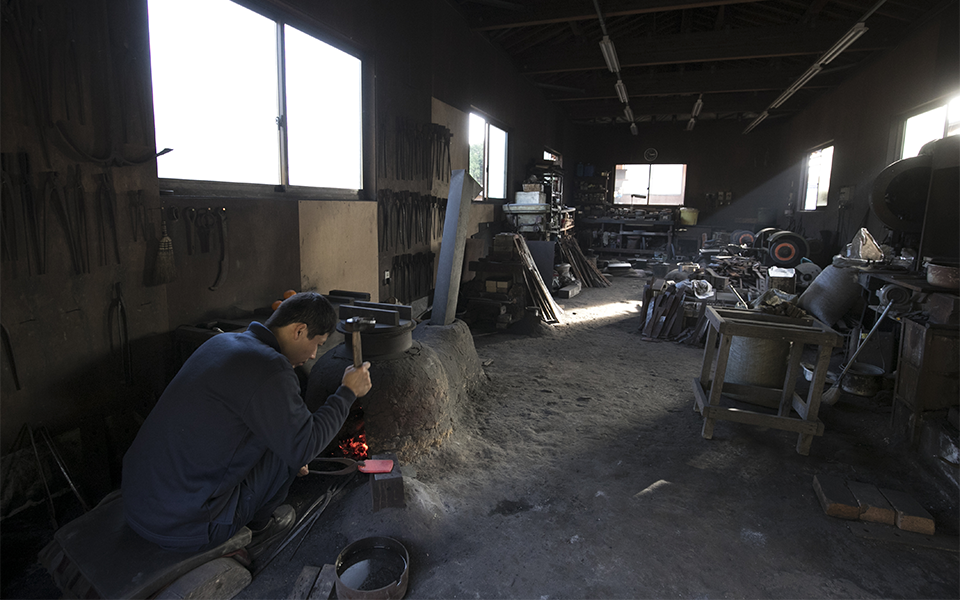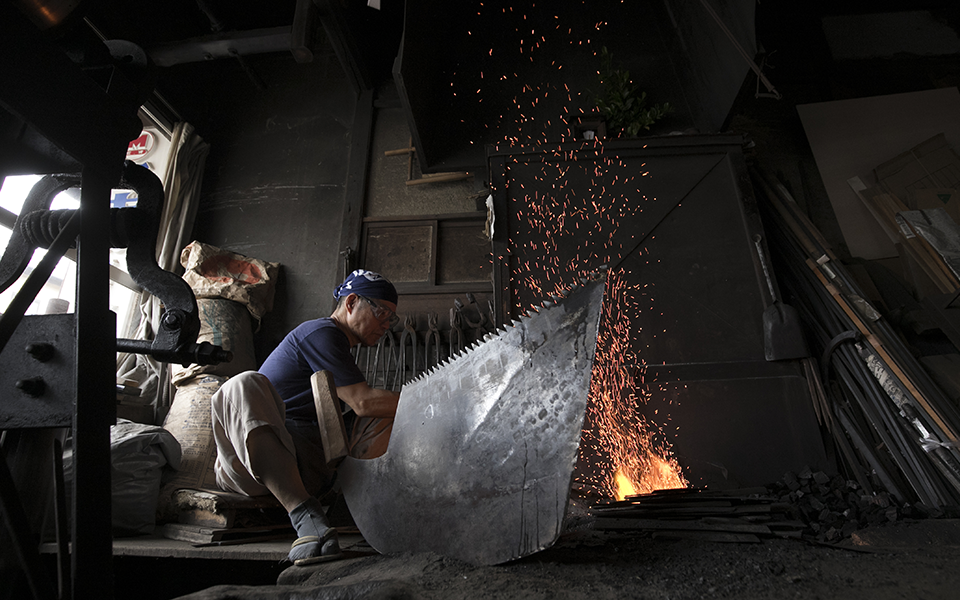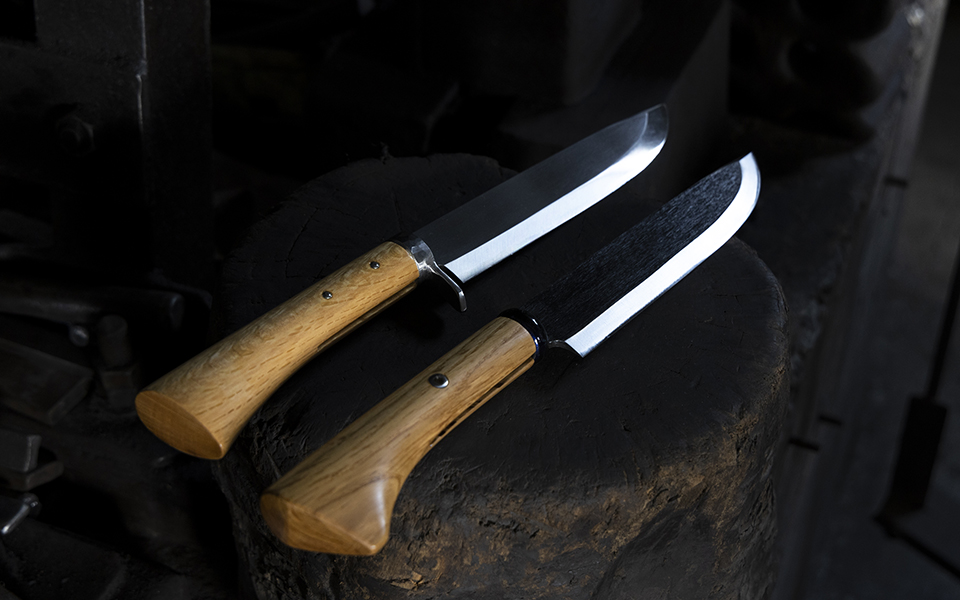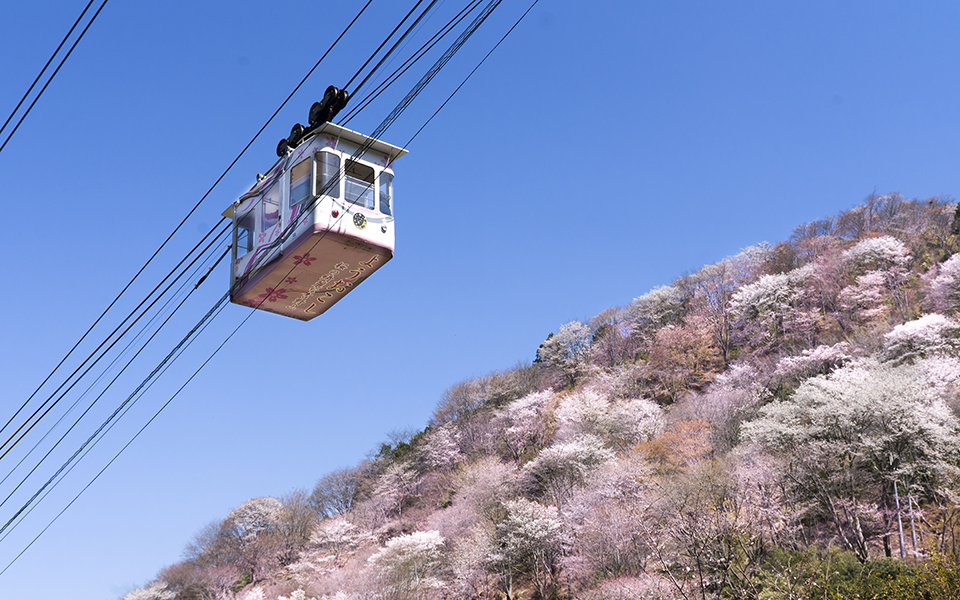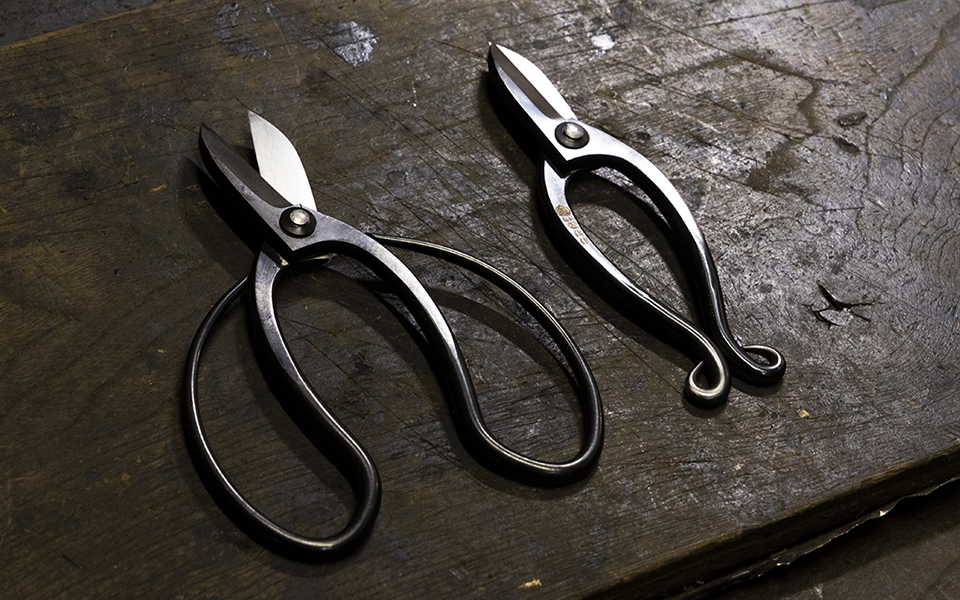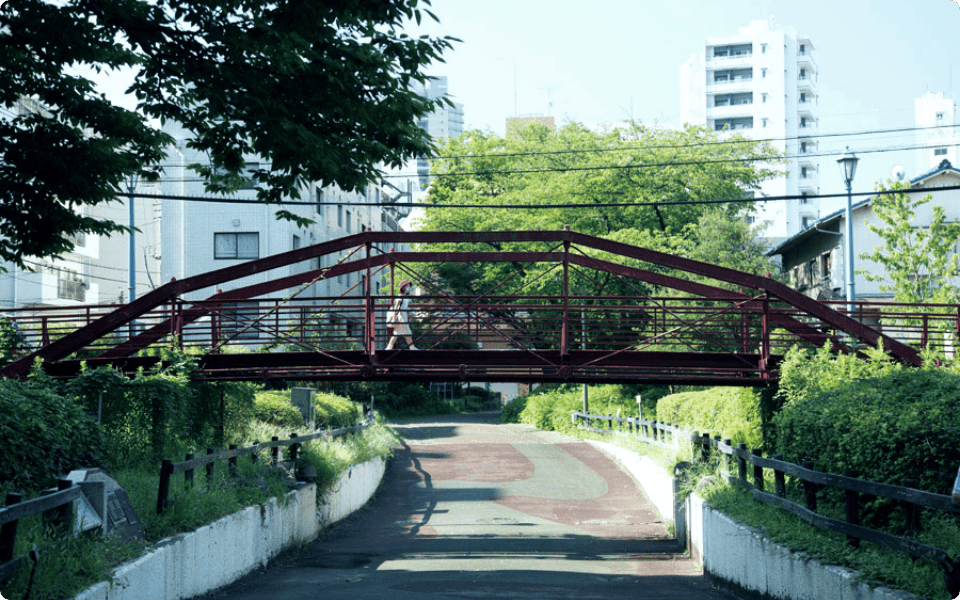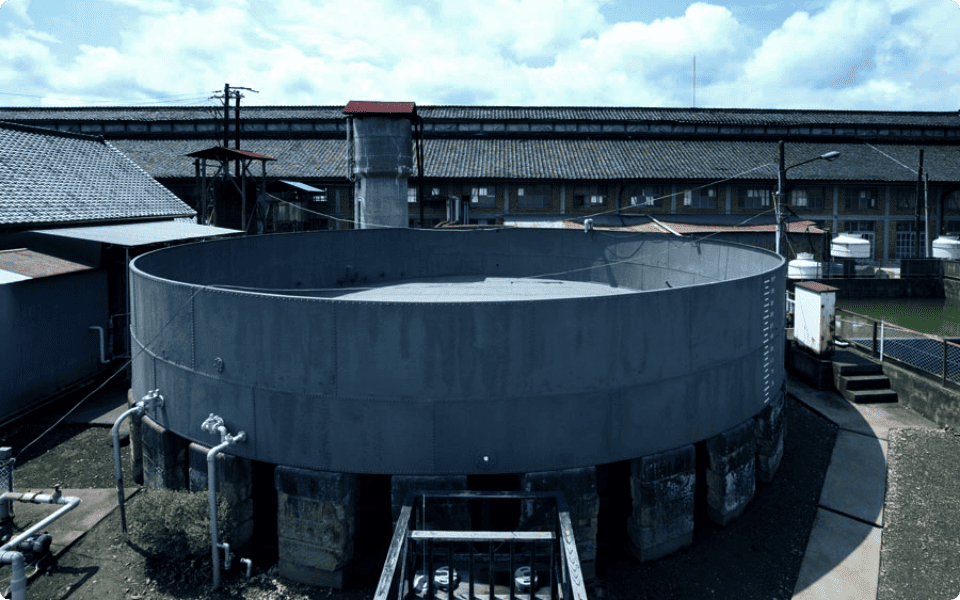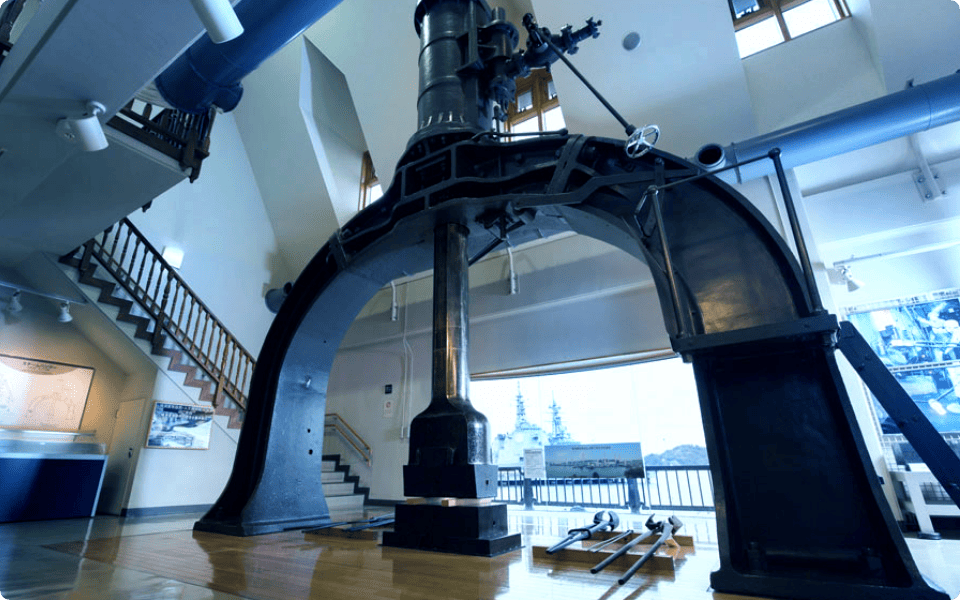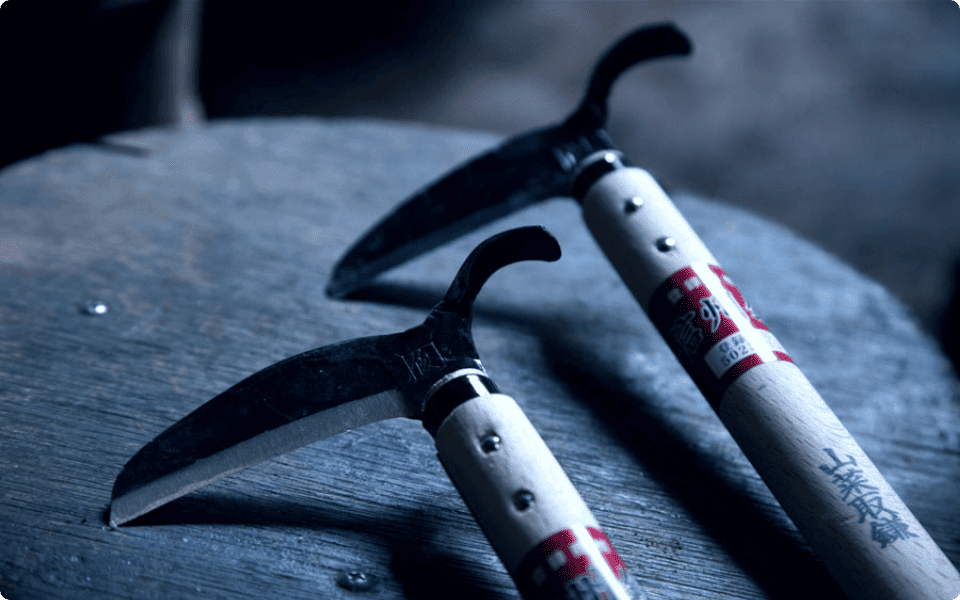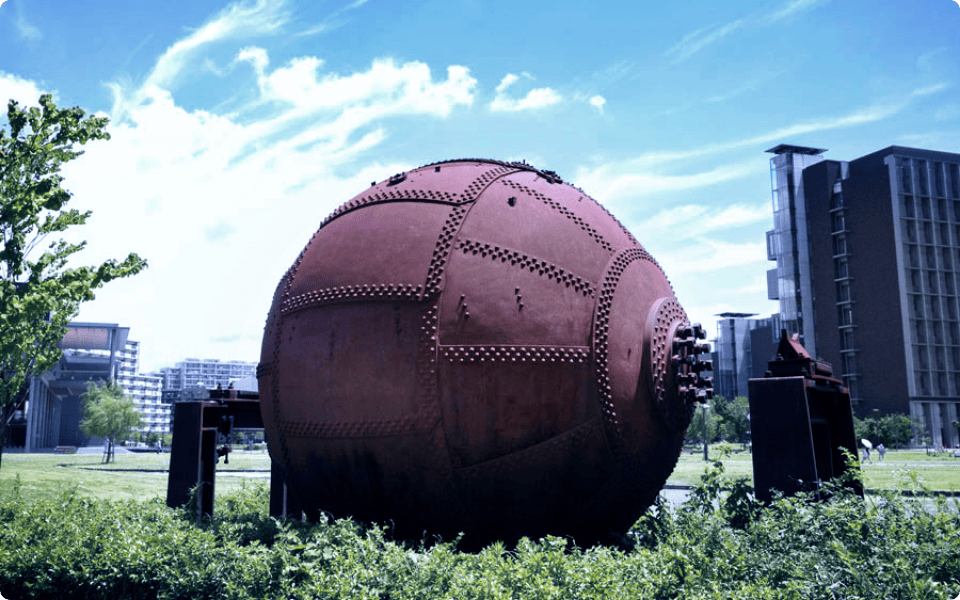-
-
Metal One’s businesses and roles
-
Plate, Construction & Tubular Products Business Division
-
Flat Products Business Division
-
Global Business Division
-
Global Marketing & Energy Project Business Division
-
Wire, Specialty & Stainless Steel Business Division
-
Digital transformation
-
Carbon neutrality
-
Business creation and innovation
-
-
Recruiting information
-
Terms of Use
The hand-forged blades of Tokyo

The hand-forged blades of Tokyo

Adachi
Ikebana Shears That Famous Flower Arrangement Practitioners Cherish
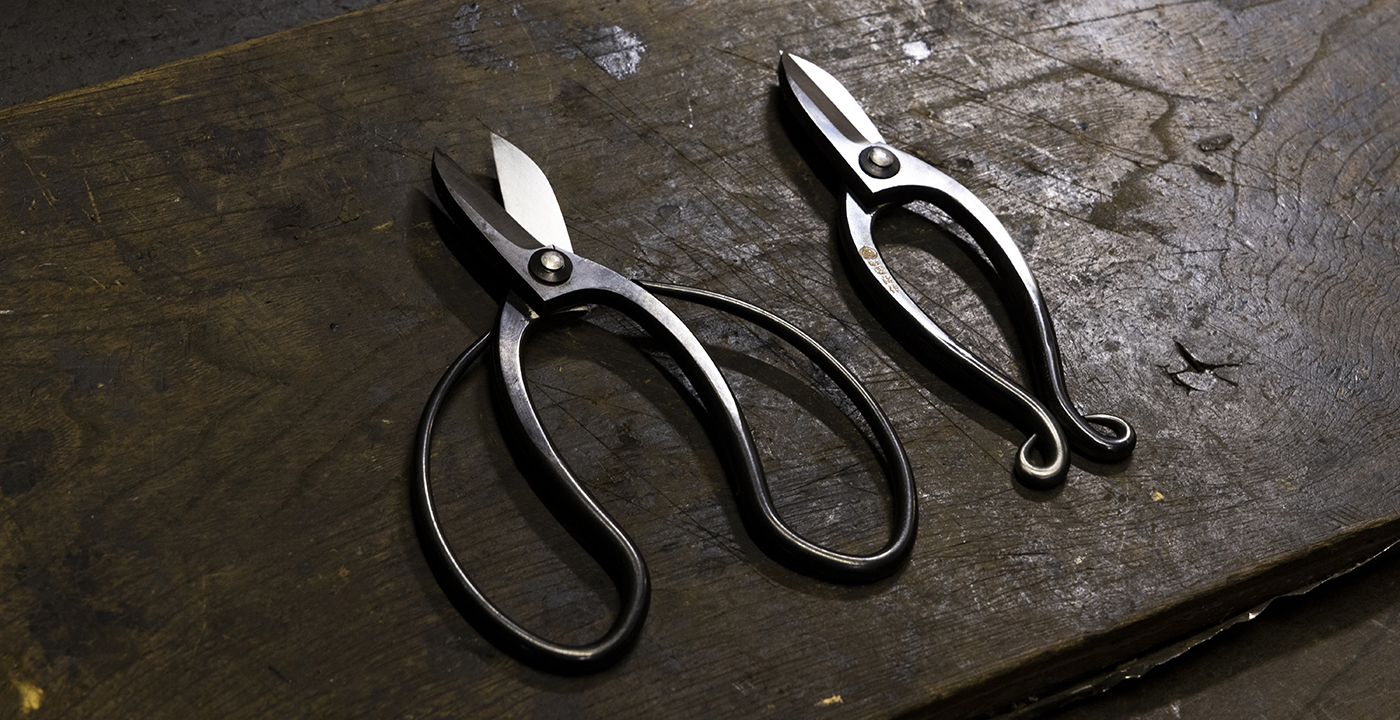
The hand-forged blades of Tokyo are traditional craft products that trace their roots back to the Edo Period (1603–1867) swordsmiths. When swords were abolished in 1871, many swordsmiths shifted to blacksmithing, and crafting blades needed in daily life such as knives, scissors and carpentry tools. The cities of Seki in Gifu Prefecture and Miki in Hyogo Prefecture are among the best-known blade manufacturing areas, but Tokyo also had select masters who handled the requirements of professionals in various fields. Although few in number, there are artisans in Adachi, Taito, and Arakawa wards who preserve traditional techniques.
Ikebana shears are used for flower arrangements and bonsai. Iwao Kawasumi, heir to the Kuniharu brand, which is highly esteemed by Japan’s top flower arrangement practitioners, is one such artisan. Named a Contemporary Master Craftsman by the Ministry of Health, Labour and Welfare in 2016, the 90-year-old Kawasumi still handles around eighty processes in his Adachi Ward workshop.
Kawasumi’s ikebana shears are known for being supremely easy to use, so lightweight that they do not cause fatigue, and for the beauty of their form. They will last a century if properly cared for. Apprenticing with his predecessor—his father, Kuniharu Kawasumi—Iwao learned techniques by observing him from behind. Among these skills is finishing work that affects how well scissors cut, adjusting the subtle gap between the two blades by striking with a gentle touch on an anvil of tin or zinc, which is softer than steel. This is the essence of his technique.
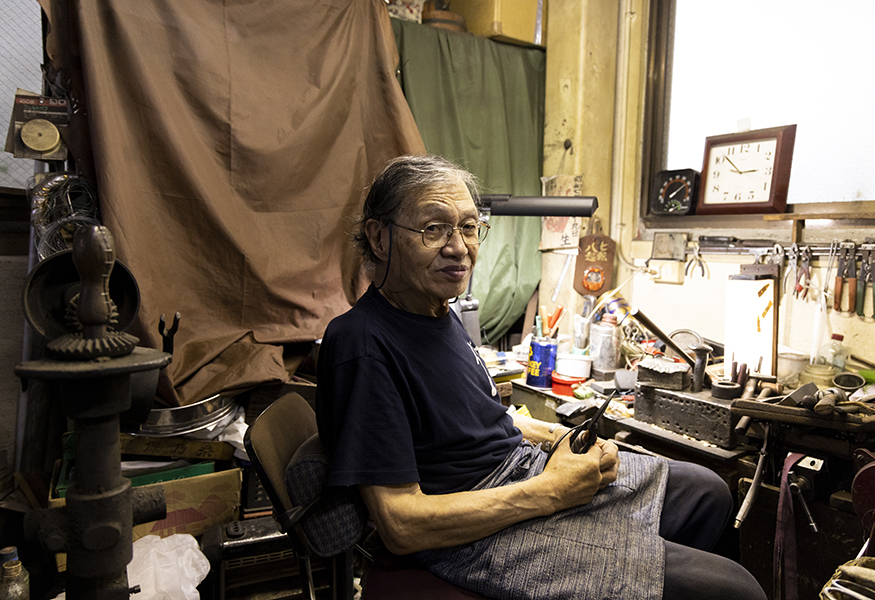
“Before the war, my father offered the first generation of Kuniharu shears based on blades used for medical purposes to the world,” Kawasumi says. “His favorite saying was, ‘Round things should be round and flat things flat.’” Adhering to the lessons of his father and mentor, who stayed faithful to the fundamentals, Iwao firmly established the brand.
Kiya is an old, established cutlery shop in Nihonbashi. Founded in 1792, the company handles various kinds of high-quality cutlery and blades, from knives to scissors and items used in barber shops and beauty salons. “Speaking of Kuniharu ikebana shears, they are at the top of Japanʼs brands, known throughout the world of flower arranging,” Katsuyoshi Ishida of the shop’s planning and general affairs department says. “They are used lovingly in the grand masters’ classes in Sogetsu and other schools.”
Kawasumi adds: “My father’s many hobbies included violin and photography. He taught me to look at first-class things from around the world and put that to use in my work.” More than just their keen cutting edge, the beauty and utility of the shears from Kuniharu are the embodiment of such rich sensibilities.
Value One Autumn 2022 No.78

